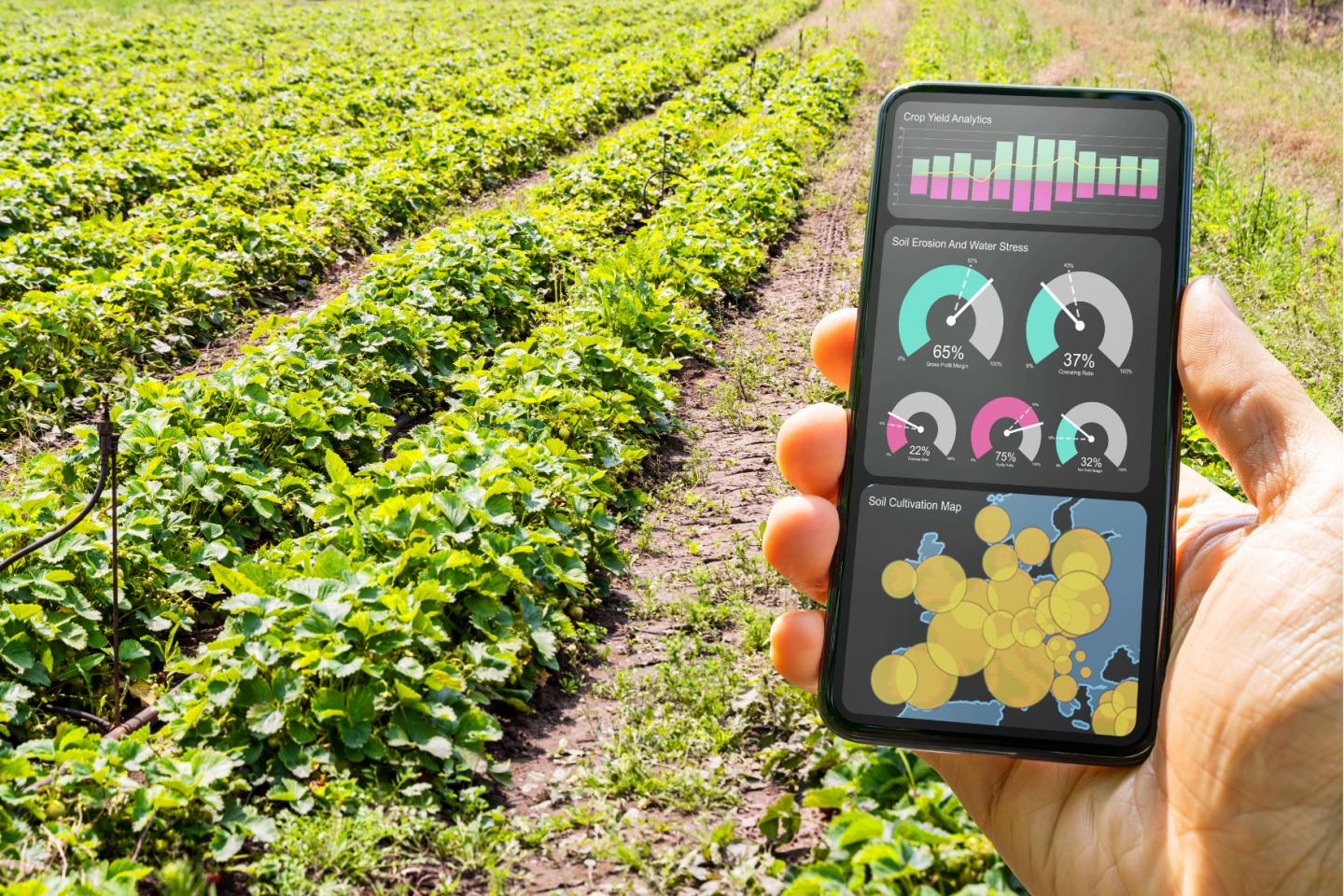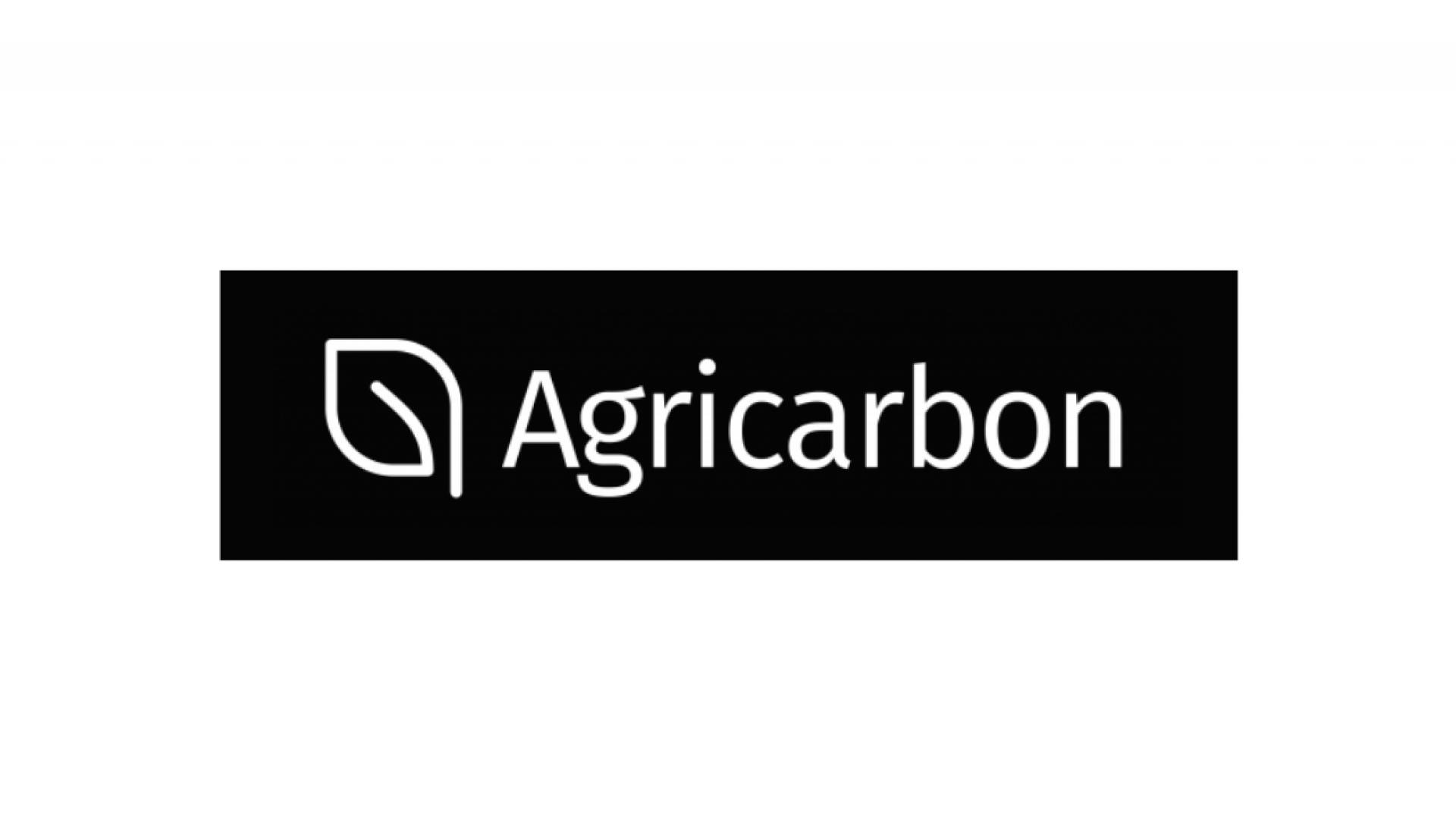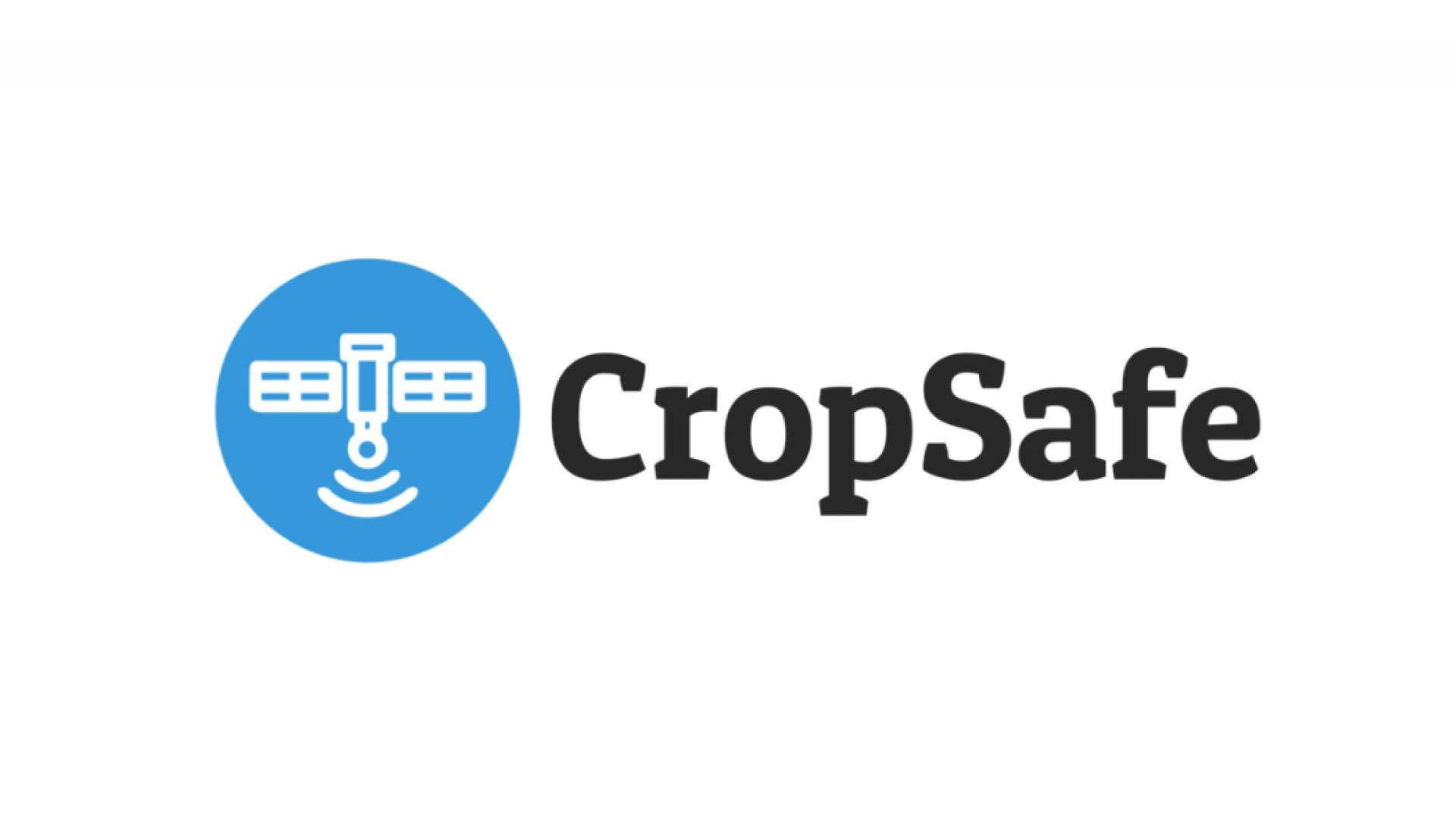
How UK Biotechs Are Paving The Way For Sustainable Agriculture Practices
The term ‘biotech’ is most commonly associated with the healthcare and pharmaceutical fields, and while it’s true that companies have made huge strides in these areas, these aren’t the only sectors that biotechs have the potential to revolutionise.
In fact, many modern biotechs are now driving fresh innovation in one of the world’s oldest industries - agriculture.
These innovations are coming at a pivotal moment in the world of agriculture. With the threats posed by climate change becoming increasingly urgent, and rising global populations requiring more food, the agriculture sector needs rapid transformation.
If crop production and distribution are going to keep up with global demand (without worsening the climate emergency) they need to become more sustainable, more efficient, and more future-facing. This is where biotechs can play a key role.
And in recent times, the need for agricultural change has become even more evident.
According to the World Bank, the war in Ukraine has “altered global patterns of trade, production, and consumption of commodities in ways that will keep prices at historically high levels through the end of 2024.”
This disruption to the transport and trade of crops is causing serious problems for many middle-and-low-income countries, which are facing imminent struggles with food security.
All of these issues have highlighted a strong need for improved agriculture practices. The farming supply chain impacts every nation around the world, particularly developing countries which rely heavily on food imports.
So how are biotechs shaping a more sustainable and reliable future for the agriculture industry? Let’s take a look at some of the companies leading the charge in this space.

Agxio
Agxio uses data science and machine learning to solve complex problems in the agriculture sector. The company places a huge emphasis on implementing cutting-edge AI solutions to enhance and improve traditional processes.
The business has already built multiple systems and technologies to tackle different issues within the world of agriculture. For example, Agxio has developed sensors that monitor soil temperature, moisture levels, and nutrient content to help farmers optimise crop yields.
These same sensors can also provide farmers with accurate data about their sustainability, livestock health, and productivity to help them maximise their output while reducing their impact on the environment.
This kind of technology provides farmers with information and insights that previously would never have been accessible, enabling them to make better-informed decisions and work more efficiently.
Agxio is also backed by the Welsh Government and the Development Bank of Wales. This type of support will be crucial to the business scaling up its solutions and supporting more farmers.

Agricarbon
Carbon is incredibly important in agriculture. Not only does carbon improve soil health to increase fertility and crop yield, but carbon soil can also help to reduce harmful CO2 levels in the atmosphere by storing it.
However, accurately detecting (and managing) the carbon levels in soil has historically been quite difficult.
Agricarbon is working to change this. The company uses proven scientific methods to quantify soil carbon stock and provide farmers with a thorough analysis of their land.
This has a couple of key benefits for agriculture and the environment.
Firstly, farmers can improve the health of their soil through soil carbon sequestration, which means super crop yields. Secondly, the planet benefits from widespread carbon soil storage, meaning less CO2 in the atmosphere.
Not only does this technology help to tackle the wider issue of climate change (i.e. by reducing CO2 levels) but it also allows individual farmers to improve their production and increase their returns.

Breedr
Breedr uses technology to help farmers improve both the profitability and sustainability of their meat products.
The company’s offering has two main components.
The first is livestock management. With the Breedr app, farmers can monitor the growth of their livestock, instantly collect data about animal weight, and track grazing habits to improve field utilisation.
All of this data is gathered in one handy app, meaning farmers can stay constantly updated on the growth, health, and development of their livestock.
The second element of Breedr is access to a national livestock market. Through this platform, farmers can trade livestock directly with farmers, saving a significant amount of money on commission fees and transport costs.
Breedr also aims to set up sustainable supply chains between progressive farmers. These supply chains are fully transparent between participants and designed to reduce environmental harm while improving the profitability of livestock.
This is a great example of biotech that empowers farmers to generate more profit, take control of their production, and reduce their impact on the environment.

Brilliant Planet
Brilliant Planet is all about unlocking the power of algae to effectively capture and store enormous amounts of carbon, which reduces harmful emissions and combats climate change.
After eight years of rigorous R&D and multiple test operations, Brilliant Planet is now launching a scalable platform that can produce colossal volumes of microalgae.
Since the production of microalgae doesn’t require fresh water, the process is highly sustainable and affordable. In fact, Brilliant Planet specialises in growing microalgae in coastal desert areas, encouraging economic growth in underserved regions without damaging the natural ecosystem.
This means that large amounts of microalgae can be created without harming the ocean or the air. The health and growth of the algae are then constantly monitored through sensor technologies and satellite automation.
Since algae is dramatically more efficient at removing CO2 from the atmosphere than trees, mass production of microalgae could be a valuable weapon in the fight against climate change.

CropSafe
Knowledge is power, and this is particularly true in the world of agriculture.
The more farmers know about crop health, weather conditions, and potential dangers, the more likely they are to thrive.
This is where CropSafe can make a huge impact. The SaaS business has developed advanced satellite imaging that keeps farmers informed about the well-being of their crops.
This satellite imaging can also anticipate crop disease and contamination, meaning farmers can react quickly and prepare for any threats to their produce. All of this data is delivered through automated alerts, which helps to make farm management infinitely easier.
However, CropSafe doesn’t just aim to help farmers improve the quality and quantity of their produce. The technology is also designed to enhance the sustainability of farming.
CropSafe claims that hard labour, skyrocketing interest rates, and overproduction make modern farming “socially, economically and environmentally” unsustainable.
When farmers are equipped with more in-depth information about their operations, they can make data-driven decisions that increase profitability and boost sustainability.

Lett Us Grow
Lett Us Grow is a biotech with a mission to drive sustainable farming through indoor and vertical farm projects.
Indoor and vertical farming solutions are often much better for the environment than traditional methods. They can deliver reliable crop production with reduced water usage, no chemicals or pesticides, minimal space, and lower transport costs.
However, these solutions haven’t always been easily accessible for budding farmers - and this is the problem that Lett Us Grow aims to solve.
The company offers a range of innovative products that make indoor and vertical farming more convenient than ever before. The ‘DROP & GROW’, for example, is a self-contained farming unit that can be placed wherever crop production is required.
This allows farmers to use physical space more efficiently, while also positioning crops closer to the buyers and consumers who need them.
These projects are all about efficiency, enabling farmers to unlock new technologies that can deliver more sustainable operations and reduce their carbon footprint.
Biotech companies have proven that innovative technologies can make a huge impact in the world of agriculture. Every aspect of farming, from livestock management to the food supply chain, can be enhanced by new ideas and solutions.
When it comes to the future of agriculture, these ambitious biotechs are tackling two key areas. Firstly, these systems are helping farmers to optimise their outputs - meaning more profit for the farmers themselves, and higher levels of production for consumers.
Secondly, biotechs are also helping to make the entire agriculture industry more sustainable. That means farming operations that can continue to run effectively without damaging local ecosystems or the wider environment.
If the agriculture sector is going to meet global produce demands in the long run, these types of innovative biotechs will be critical in enabling them to succeed.
If your company lies within the health and biotech space and you’re keen to build out your finance team, don’t hesitate to get in touch with Jamie ([email protected]) for expert support.






